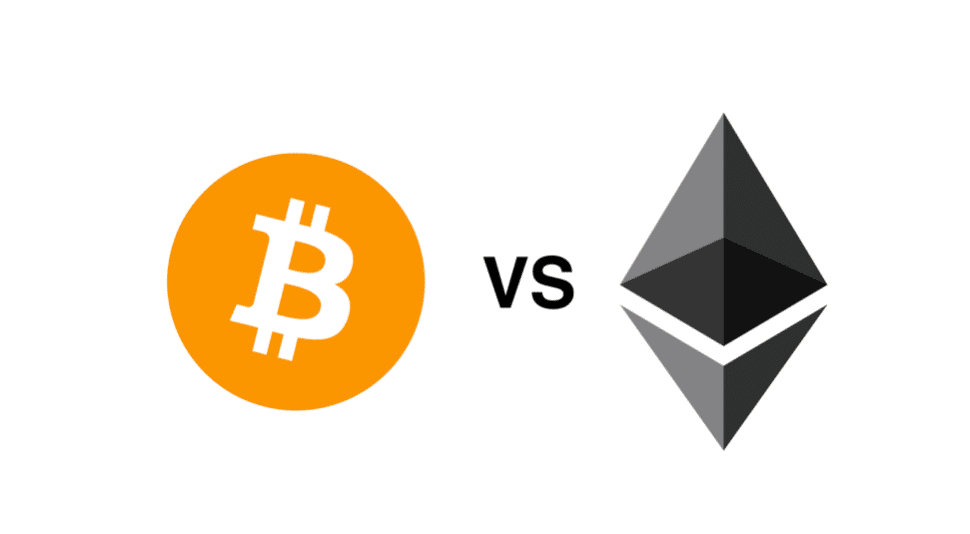In the world of digital currencies, Bitcoin and Ethereum have been at the forefront since their inception. Both have revolutionized the concept of financial transactions and have become household names in the cryptocurrency market. However, despite their shared sphere of operation, they are vastly different in their purpose and functionality. This article delves into the key differences between Bitcoin and Ethereum.
Origins and Purpose
Bitcoin, launched in 2009 by an anonymous entity known as Satoshi Nakamoto, was the first-ever cryptocurrency. Its primary purpose is to serve as a digital alternative to traditional fiat currencies – a decentralized currency free from governmental control.
On the other hand, Ethereum was proposed in late 2013 and subsequently developed by Vitalik Buterin. While it also serves as a digital currency (Ether), Ethereum’s broader aim is to be a platform for executing smart contracts and building decentralized applications (dApps).
Technological Differences
The underlying technology of Bitcoin and Ethereum, while both blockchain-based, differs significantly. Bitcoin uses a relatively simple concept of the blockchain, primarily for transactional purposes. It operates on a proof-of-work system where miners solve complex mathematical problems to validate transactions and add them to the blockchain.
Ethereum, however, utilizes a more complex version of the blockchain. Apart from supporting transactions, Ethereum’s blockchain is designed to store different types of data. This feature enables the execution of smart contracts – self-executing contracts with the terms directly written into code.
Transaction Speed and Fees
Bitcoin and Ethereum also differ in terms of transaction speed and fees. Bitcoin block time is 10 minutes, meaning it takes about 10 minutes for a transaction to be confirmed. On the contrary, Ethereum’s block time is approximately 15 seconds, making it much faster.
As for transaction fees, they fluctuate based on network demand in both systems. However, Ethereum fees can be higher due to the complexity and data requirements of smart contracts.
What is the primary difference between Bitcoin and Ethereum?
Bitcoin is primarily a digital currency, while Ethereum is a platform for decentralized applications with its own currency, Ether.
Which is more valuable, Bitcoin or Ethereum?
As of my knowledge cutoff in September 2021, Bitcoin typically has a higher value per unit. However, market values fluctuate constantly.
*Can Ethereum become bigger than Bitcoin?*
It’s possible, but it largely depends on market dynamics, technological advancements, and regulatory developments.
What are smart contracts?
Smart contracts are self-executing contracts with the terms directly written into code. They automatically execute transactions when their conditions are met.
Is Ethereum safer than Bitcoin?
Both have robust security measures, but they face different types of risks due to their differing functionalities.
The Conclusion
The comparison between Bitcoin and Ethereum is much like comparing apples to oranges. While both fall under the umbrella of cryptocurrencies, their purposes, technologies, and usage significantly differ. Bitcoin’s main aim is to disrupt traditional currency, whereas Ethereum focuses on facilitating programmable contracts and applications. Both have unique advantages and potential drawbacks, making them suitable for different use cases. As the crypto world continues to evolve, the roles and values of Bitcoin and Ethereum will likely continue to diverge, further accentuating their differences.


